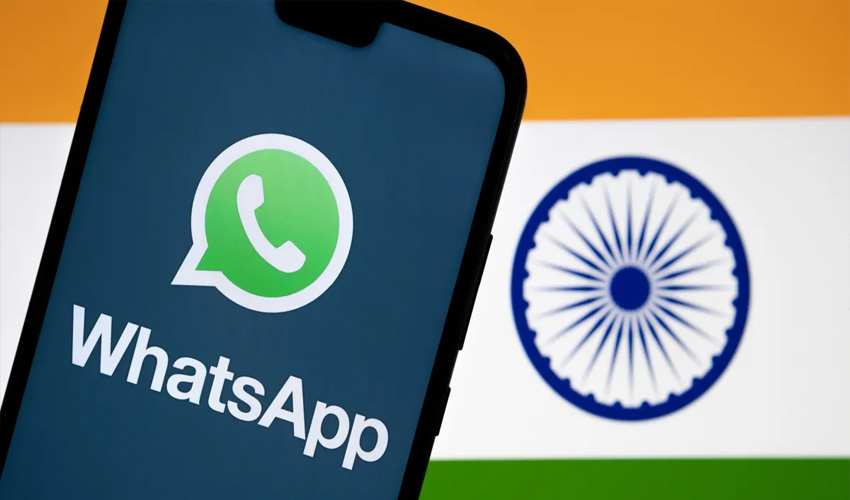WhatsApp - a messaging platform owned by Meta - has issued a stark warning to the Modi government, asserting its willingness to cease operations in India if compelled to compromise chat encryption.
The standoff between the tech giant and the Indian government underscores escalating tensions over privacy and surveillance concerns.
Amidst allegations of government overreach and infringement on civil liberties, WhatsApp's encryption protocol, which ensures end-to-end security for user communications, has become a focal point of contention. The Modi administration's purported efforts to gain access to WhatsApp data of political opponents have drawn sharp criticism, with accusations of authoritarian tactics undermining democratic principles.
The legal battle has now reached the corridors of the Delhi High Court, where WhatsApp's legal counsel reaffirmed the company's stance against yielding to governmental pressure. Emphasizing the importance of user privacy, WhatsApp's uncompromising stance reflects a broader struggle to uphold digital rights in an era of increasing state surveillance.
The Modi government's aggressive posture towards both political dissidents and multinational corporations has ignited concerns about the erosion of democratic values in India. Past instances of alleged phone tapping and espionage have fueled apprehensions about the government's intentions, with recent moves to tighten regulations on social media platforms exacerbating anxieties over free expression and privacy rights.
As the legal wrangling ensues, the fundamental question looms: Will the Modi government succeed in its quest for unfettered control over dissent and information dissemination? With WhatsApp's resolute resistance and mounting public scrutiny, the outcome of this high-stakes showdown may well shape the future landscape of digital governance in India.

























